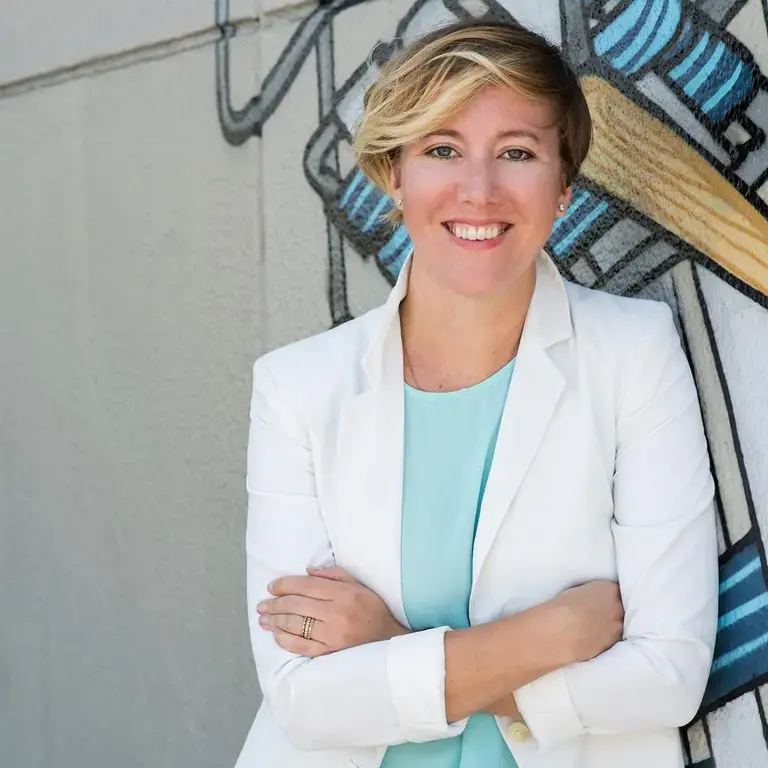By Meghaan Lurtz
Financial advisors go through three different phases with their clients: fix, fine, and flourish. The “fix” phase can be described as whatever is currently bothering them, perhaps a tax bill, an estate question, general organization and control over their financial life. Having issues to fix brings great value for the client and at the same time can be enjoyable for advisors, as they often tend to be intrinsically motivated to solve problems.
From the “fix” phase, clients and advisors usually enter into the “fine” phase. In “fine,” nothing is wrong. Everything is fine. For many, this is a great place to be, at least for a little while. It is natural for a client and their advisor to want a break from solving issues, basking in the knowledge that nothing else needs to be done and no one needs to worry about finances for a while.
Yet, here lies the problem: “Fine” gets boring, and fees are often hard to justify in the “fine” phase. Clients and advisors alike find themselves wanting to skip those “fine” monitoring meetings. Advisors are not always eager to discuss portfolios and create small talk for an hour, and clients often don’t want to sit through another portfolio or tax review meeting when there is nothing new or pressing. It is valuable to meet one’s goals and reach a place of being financially “fine,” but like top athletes and coaches, clients and advisors also fall prey to the “arrival fallacy”: the tendency to enjoy chasing goals and finding greater happiness working to achieve them than arriving at them.
At this juncture when the fine is getting a little boring, advisors need to know that they do not have to wait for the other shoe to drop and return to a problem-focused fix phase. Instead, thanks to advances in positive psychology, advisors may instead want to focus on the “flourish” phase once clients have had enough time at “fine.” “Flourish” comes from the work of Dr. Martin Seligman, the father of positive psychology, the study of people who are thriving and achieving as opposed to having difficulties. Again, there is great value in “fixing” things when we can, but there is also great value in having a relationship that moves beyond “fixing” the bad stuff and instead focuses on making the good stuff into great stuff.
“Flourish” meetings and the questions advisors ask in those meetings can focus on the principles of positive psychology. They can use positive emotions, engagement, relationships, meaning, and accomplishment, otherwise known as PERMA. Once advisors have moved beyond “fix,” they can move clients toward “flourish.” While such topics might essentially seem off-agenda, they can quickly contribute to a vital—and lasting—client/advisor relationship.
For instance, financial planners can design monitoring meetings that focus on each section of PERMA one at a time or focus on a new section each year in rotation. Questions that encourage clients to think of the different areas might include:
Positive Emotions:
1. When you are feeling most alive, joyful, or content, what are you doing? Who are you with?
2. In what ways do you see positive emotions like joy, contentment, love, or fun in your financial life and goals?
Engagement:
1. If you could do anything, and money and time were not factors, what would you do to be more fully engaged in your life, work, or relationships?
2. When do you feel most engaged in your life, work, or relationships? What are you doing during those times? Who is with you?
Relationships:
1. How might you use your financial situation to improve your best/worst relationships?
2. What relationships bring you the most contentment in your life? Why?
Meaning:
1. What are you doing when you feel that your life has meaning?
2. Looking at your financial situation, where do you see your life’s meaning?
Accomplishment:
1. What makes you feel accomplished?
2. How is your financial situation representative of your accomplishments?
Advisors can ask these types of questions anytime, but asking them as an interruption to “fine” is crucial, as only at “fine” might a client have time to focus on these other areas. Bringing such ideas to the table can bring rewards, but might not be possible to really consider when the client is already trying to fix other things. Having the bandwidth allotted by “fine” and having the perspective that being in a state of “fine” gives the client is essential for such questions to inspire the client and set their sights on something entirely new.
Financial planning does not have to be only about solving or fixing issues. Financial planning can also be positive and bring about deeper connection, meaning, and empowerment for the client and their relationship with their advisor. If the monitoring meetings are getting a bit boring, consider asking some “flourish” questions and begin a new journey with the client.
About the Program
A sixteen-month online program with asynchronous instruction, specially designed to accommodate working professionals, Columbia University’s Master of Professional Studies in Wealth Management program is taught by distinguished faculty with deep, applied experience in their respective fields. Additionally, it is a CFP Board Registered Program designed to help students meet the educational requirements for CFP® certification.



